In an increasingly digital world, virtual care options offer a new path forward for individuals struggling with addiction. For many, the idea of entering a formal treatment program feels daunting, especially if it requires leaving home, work or family responsibilities behind. Telehealth removes these barriers.
Virtual addiction treatment utilizes various communication platforms, like video conferencing, online messaging, and mobile applications, to connect individuals struggling with addiction with qualified healthcare professionals. Therapists, counselors and medical professionals are now able to provide a wide range of services online, from individual counseling to support groups.
While in-person treatment will always have an important role to play, telehealth is proving to be an effective, flexible complement to traditional addiction treatment models.
If you’ve been hesitant to seek help due to concerns about time, cost or accessibility, telehealth may be the solution you’ve been searching for. Read on to learn more about the effectiveness of virtual addiction treatment and how it could help you or a loved one on the road to recovery.
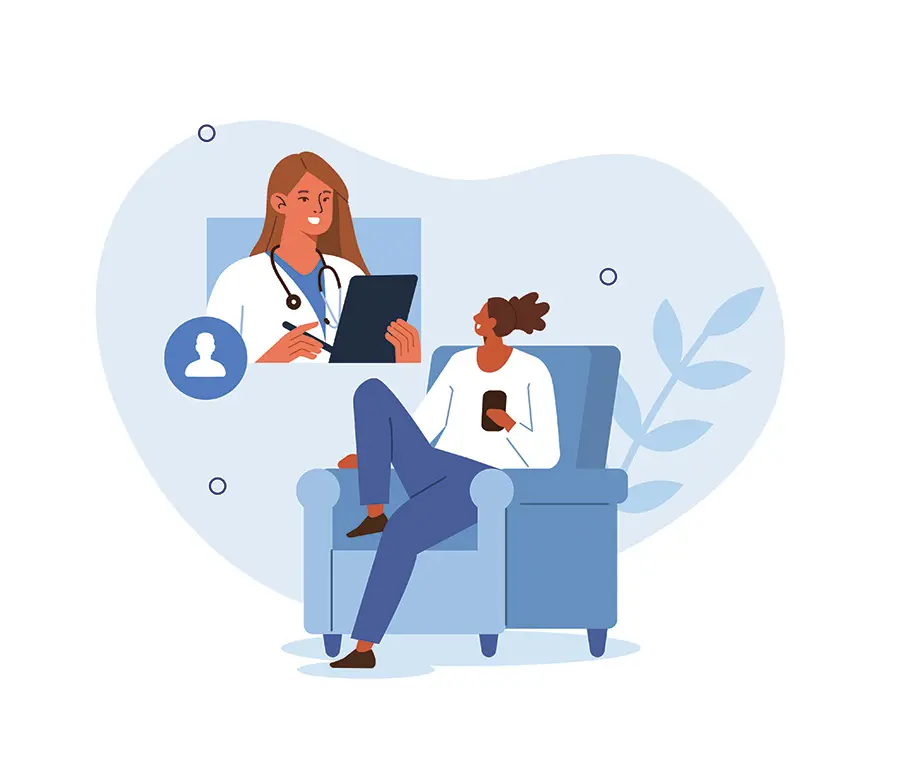
Virtual addiction treatment offers a multitude of benefits that have contributed to its growing popularity.
The growing popularity and effectiveness of virtual addiction treatment are reflected in various statistics:
While the concept of virtual addiction treatment may seem unconventional, its effectiveness in addressing various substance use disorders has been extensively studied.
Researchers have found that virtual treatment can be just as effective as traditional in-person treatment when it comes to achieving positive outcomes. It has shown great promise reducing substance use, improving overall well-being, and promoting long-term recovery.
One of the key factors contributing to the effectiveness of virtual addiction treatment is the ability to tailor treatment plans to individual needs and preferences. Through video conferencing and other digital platforms, healthcare professionals can conduct comprehensive assessments, develop personalized treatment strategies, and monitor progress in real-time.
Virtual treatment also offers the opportunity for more frequent check-ins and support, which can be particularly beneficial during periods of heightened cravings or triggers. Immediate access to counseling and resources can help individuals navigate challenging situations and maintain their commitment to recovery.
Virtual addiction treatment encompasses a wide range of evidence-based programs and approaches. Some of the most common virtual treatment modalities include:
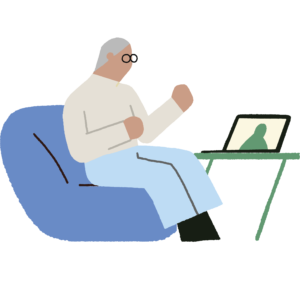
Online addiction counseling helps patients identify underlying issues and develop strategies to overcome harmful behaviors, thoughts, and emotions. Through regular sessions, daily introspection, and setting achievable goals, online addiction counseling can be an effective and convenient form of therapy. Common forms of online addiction counseling include:
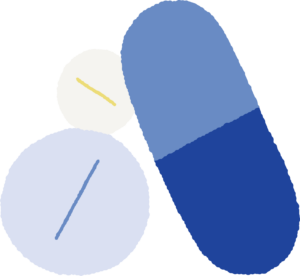
In cases where medication is prescribed to manage withdrawal symptoms or cravings, virtual addiction treatment includes remote monitoring, medication management, and support from healthcare providers through secure telemedicine platforms.

Virtual peer support services, facilitated by trained Community Recovery Partners, provide a safe and supportive environment for individuals to share their experiences, gain insights, and receive encouragement from others on a similar journey.
These programs and approaches can be combined and tailored to meet the unique needs of each individual, ensuring a comprehensive and personalized treatment experience.
While virtual addiction treatment offers numerous advantages, it is essential to acknowledge and address potential challenges and limitations:
Virtual addiction treatment has emerged as a powerful and transformative approach to addressing substance use disorders. By leveraging digital technologies and innovative delivery models, individuals can access high-quality treatment from the comfort and convenience of their own environments.
If you or someone you know is struggling with addiction, consider exploring the possibilities of virtual addiction treatment. At Eleanor Health, we can help you or your loved ones on your journey to recovery. We are here to listen, learn, and offer support without judgment.
 Benefits of Online Addiction Treatment
Benefits of Online Addiction Treatment
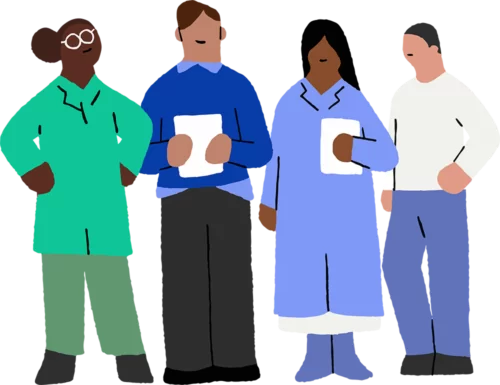 Addiction Treatment: Fact vs. Fiction [E-Book]
Addiction Treatment: Fact vs. Fiction [E-Book]
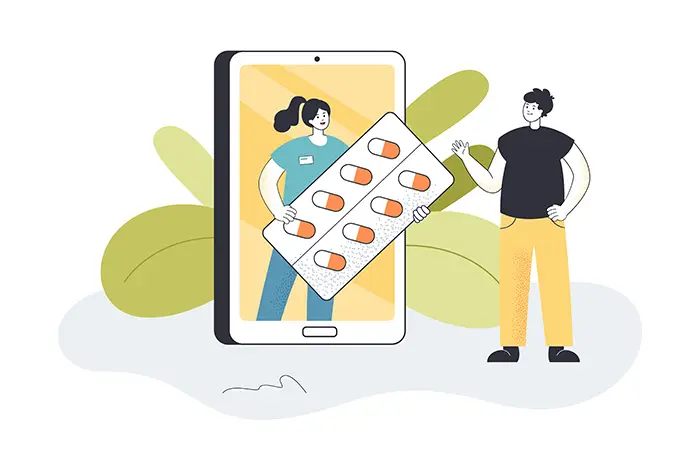 Medications for Addiction Treatment: The Complete Guide
Medications for Addiction Treatment: The Complete Guide